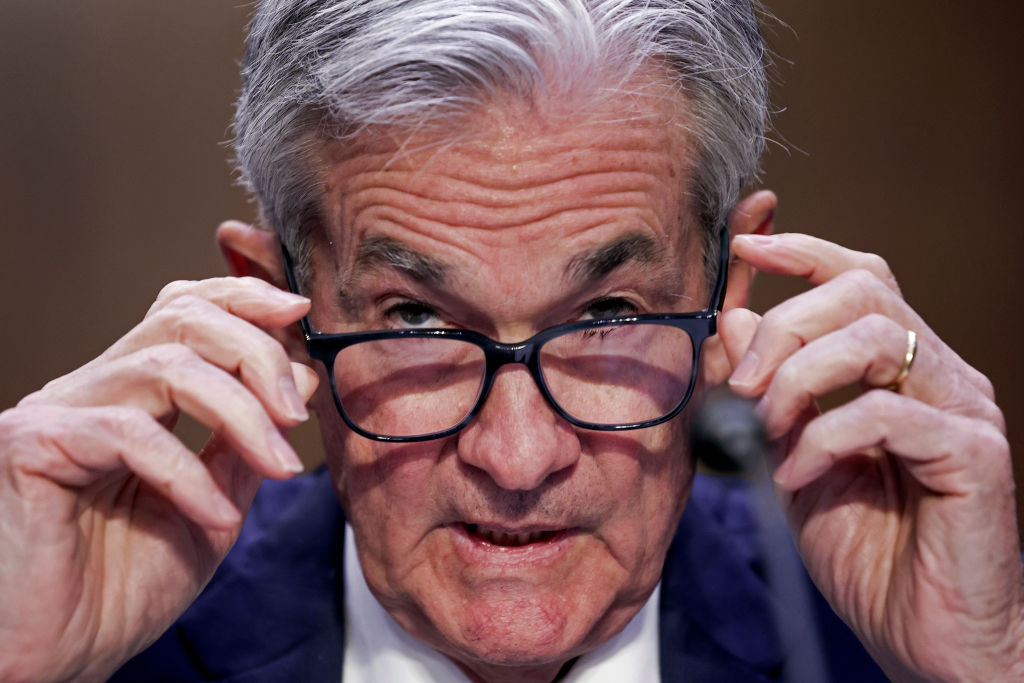Jerome Powell, the chair of the Federal Reserve, has reiterated the central bank’s commitment to moving forward “carefully” with further rate moves in a speech before the Economic Club of New York. He emphasized that the Fed is trying to weigh two goals against one another: it wants to wrestle inflation fully under control, but it also wants to avoid doing too much and unnecessarily hurting the economy.
The Fed has rapidly raised interest rates to a range of 5.25 to 5.5 percent over the past 19 months. Policymakers are now debating whether they need to raise rates one more time in 2023.
Higher borrowing costs are supposed to weigh down economic activity, slowing home buying, business expansions, and demand to cool inflation. However, growth has been unexpectedly resilient, with consumers spending more than anticipated, companies hiring, and wage gains moderating.
Powell acknowledged that recent growth data was a “surprise,” and that additional evidence of persistently above-trend growth or tightness in the labor market is no longer easing could put further progress on inflation at risk and could warrant further tightening of monetary policy.
Economists interpret Powell’s remarks to mean that while the Fed is unlikely to raise interest rates at its upcoming meeting, which concludes on November 1, it is leaving the door open to a potential rate increase after that. The Fed’s final meeting of the year concludes on December 13.
The war between Israel and Gaza and the accompanying geopolitical tensions add to uncertainty about the global outlook. It remains too early to know how it will affect the economy, though it could undermine confidence among businesses and consumers.
Stocks were choppy as Powell spoke, suggesting that investors were struggling to understand what his remarks meant for the immediate outlook on interest rates. Higher interest rates tend to be bad news for stock values.













